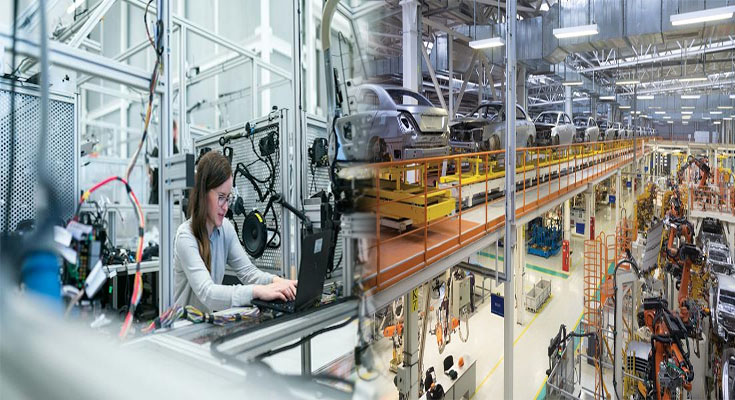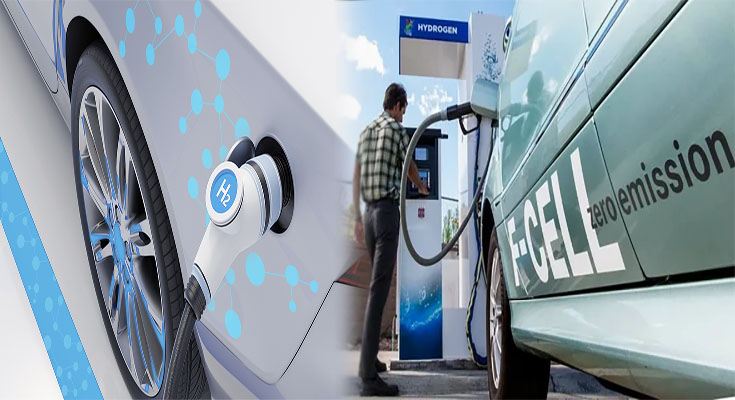The electric car industry is undergoing a rapid transformation fueled by remarkable technological advancements. As governments and consumers push for cleaner and more sustainable transportation options, manufacturers are embracing innovation to meet the growing demand for electric vehicles (EVs). From improvements in battery technology to the development of autonomous driving capabilities, these technological advancements are reshaping the electric car industry and driving it towards a greener future.
Enhanced Battery Technology
One of the most significant technological advancements in the electric car industry is the development of advanced battery technology. Manufacturers are continuously striving to improve battery efficiency, energy density, and charging capabilities. Lithium-ion batteries, for instance, have become the dominant choice due to their higher energy density and longer lifespan. Additionally, research into solid-state batteries shows promising potential for even more significant advancements in the near future, including faster charging times and longer EV ranges.
Faster Charging Infrastructure
The establishment of a robust and widespread charging infrastructure is crucial for the adoption of electric vehicles. Technological advancements have led to faster and more efficient charging solutions, significantly reducing charging times. The introduction of fast charging stations, such as Tesla’s Supercharger network, enables EV owners to recharge their vehicles quickly and conveniently, making long-distance travel in electric cars more viable.
Autonomous Driving and Connectivity
Autonomous driving technology and connectivity features are revolutionizing the electric car industry. Electric vehicles are now equipped with sophisticated sensors, cameras, radars, and advanced software that enable autonomous driving capabilities. These technologies not only enhance convenience and safety but also have the potential to optimize energy consumption and reduce traffic congestion. Furthermore, connectivity features allow for seamless integration with smartphones and other devices, providing users with real-time information and enhancing the overall driving experience.
Lighter and Stronger Materials
Advancements in materials science have led to the development of lighter and stronger materials, reducing the weight of electric vehicles and improving their overall efficiency. The use of lightweight materials such as carbon fiber reinforced polymers (CFRP) and aluminum alloys in electric car manufacturing contributes to increased range, improved acceleration, and better energy efficiency. These lightweight materials also have the potential to reduce the environmental impact of electric vehicles throughout their lifecycle.
Vehicle-to-Grid Technology
Vehicle-to-grid (V2G) technology represents an innovative approach to electric car charging and energy management. This technology allows electric vehicles to not only consume electricity but also send power back to the grid when needed. By utilizing the energy stored in electric car batteries during peak demand periods, V2G technology can help stabilize the electrical grid, optimize energy distribution, and reduce energy costs for EV owners.
Augmented Reality and User Experience
Augmented reality (AR) is becoming increasingly integrated into electric car design, improving the user experience and providing intuitive interfaces. AR technology can overlay digital information on the real-world environment, assisting drivers with navigation, diagnostics, and vehicle information, all while minimizing distractions. This integration of AR technology enhances safety, convenience, and overall driver satisfaction.
Technological advancements are revolutionizing the electric car industry, making electric vehicles more practical, efficient, and appealing to consumers. These advancements in battery technology, charging infrastructure, autonomous driving capabilities, lightweight materials, V2G technology, and augmented reality are paving the way for a greener and more sustainable future of mobility. With ongoing research and development, we can expect further breakthroughs that will continue shaping the electric car industry and contributing to a cleaner and more sustainable transportation ecosystem.













